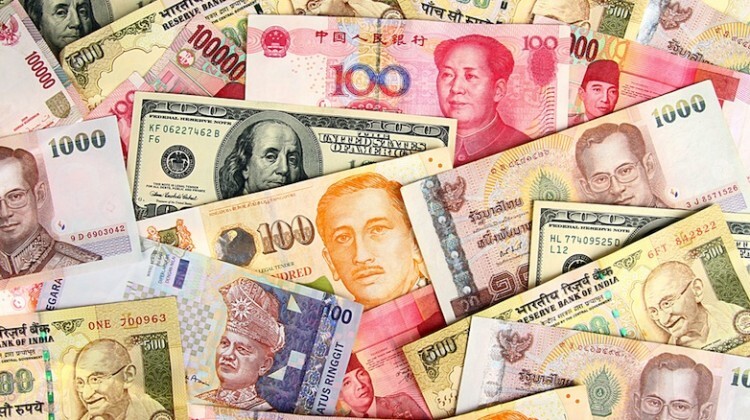Inflation (of the supply of money in circulation) is caused by an increase in the supply of money in circulation. As the number of US dollars in circulation increases, inflation (of the money supply) is experienced.
We experience inflation instead of deflation because the ones who control the supply of money have chosen it.
And while many commenters are defending inflation as good and necessary, there is an argument that inflation punishes individuals who save or are on fixed income. Inflation of money supply is also described as "devaluation of currency"- it is becoming less valuable over time. Inflation could also be described by a "loss of purchasing power" which means a person can buy fewer goods and services with the same amount of money as the currency loses its value.
